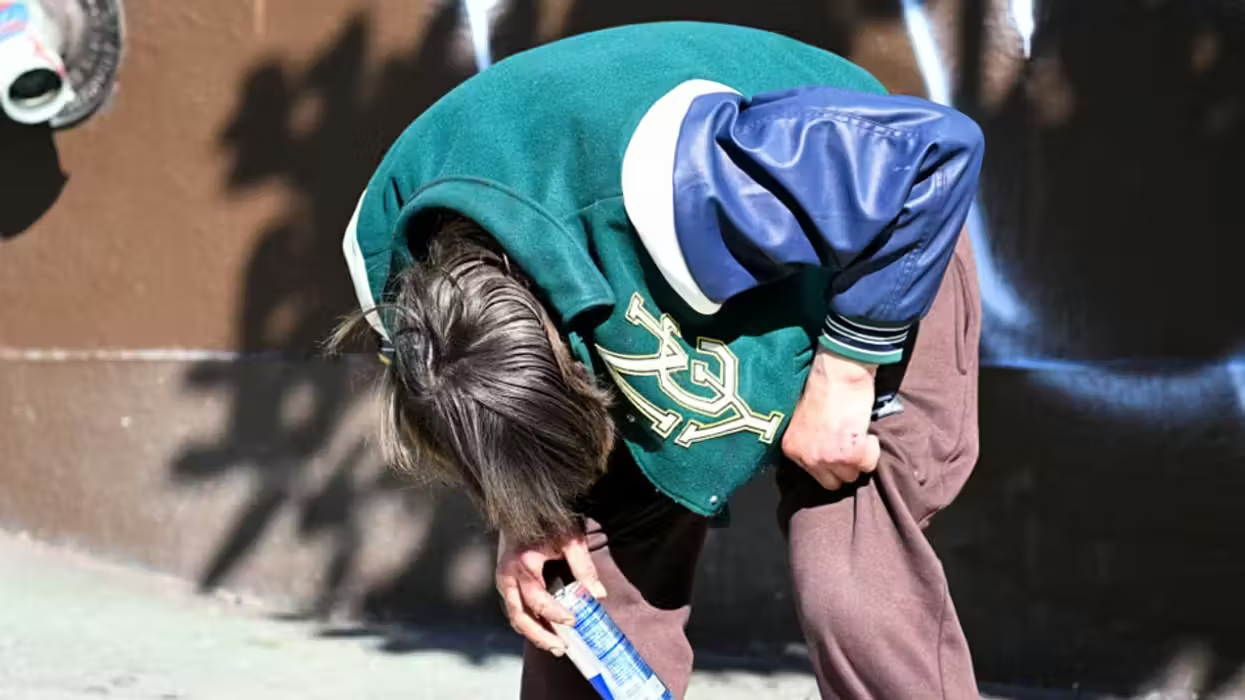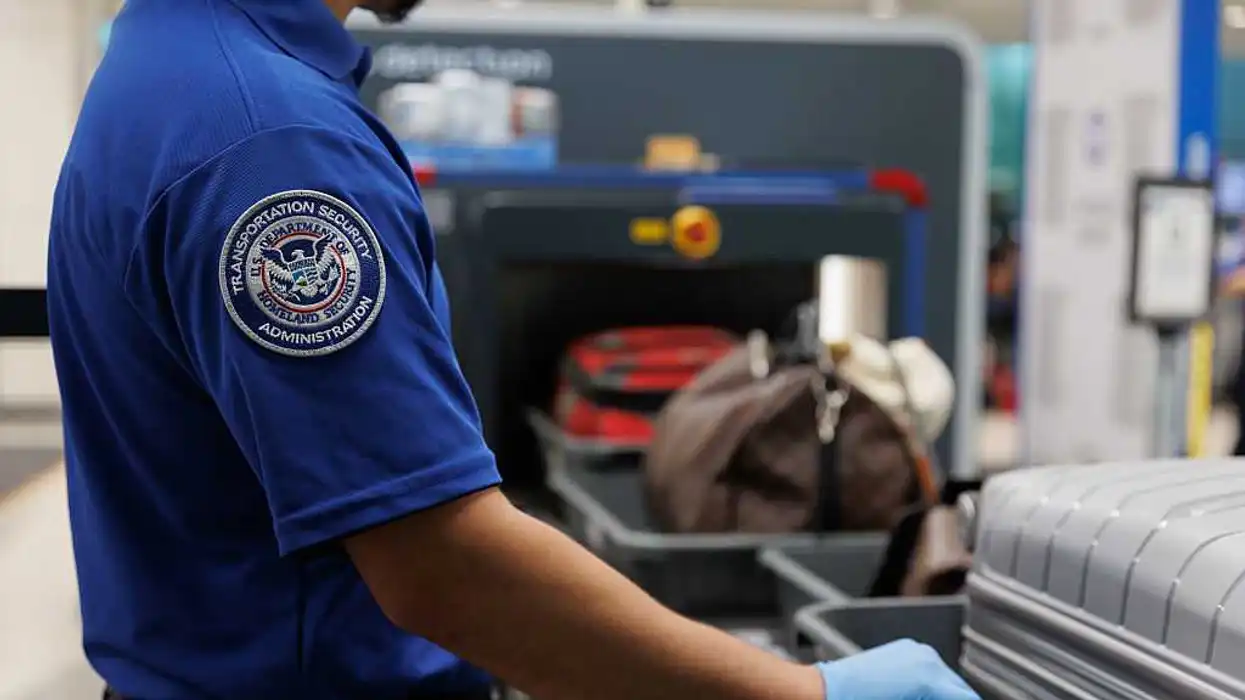Sen. Rand Paul (R-Ky) and Sen Cory Booker (D-NJ) have teamed up to tackle criminal justice reform once again, this time to restrict the usage of solitary confinement to special cases in juvenile inmates.
Paul and Booker's S-239 has been seen before, namely in 2014 when the two senators introduced a bill called the REDEEM act, which sought an overhaul of the criminal justice system to be more lenient of non-violent offenders, specifically juveniles. In 2016, then President Obama went forward with his own changes to the criminal justice system, which put a stop to solitary confinement for juveniles. Both Paul and Booker applauded the move, however, Obama's measure was a temporary hold. Thus Paul and Booker are once again acting to pass a law to put a stop to it.
While criminal justice reform has always been an issue Paul is famous for tackling, solitary confinement is one of the more cruel and unusual methods used in our prison systems that Paul wishes to put a stop to, and for good reason. As Stuart Grassian explained to PBS, the psychiatric effects are devastating. Especially if prolonged.
Stuart Grassian, a board-certified psychiatrist and a former faculty member at Harvard Medical School, has interviewed hundreds of prisoners in solitary confinement. In one study, he found that roughly a third of solitary inmates were “actively psychotic and/or acutely suicidal.” Grassian has since concluded that solitary can cause a specific psychiatric syndrome, characterized by hallucinations; panic attacks; overt paranoia; diminished impulse control; hypersensitivity to external stimuli; and difficulties with thinking, concentration and memory. Some inmates lose the ability to maintain a state of alertness, while others develop crippling obsessions.
As it stands, the bill has found cosponsors in Senators Mike Lee (R-UT), Richard Durbin (D-IL), James Lankford (R-OK), and Robert Casey (D-PA), truly setting the tone for a bipartisan effort to end solitary confinement for the youth, however, some are worried about Trump's tough on crime stance putting this bill down before it can become law.







